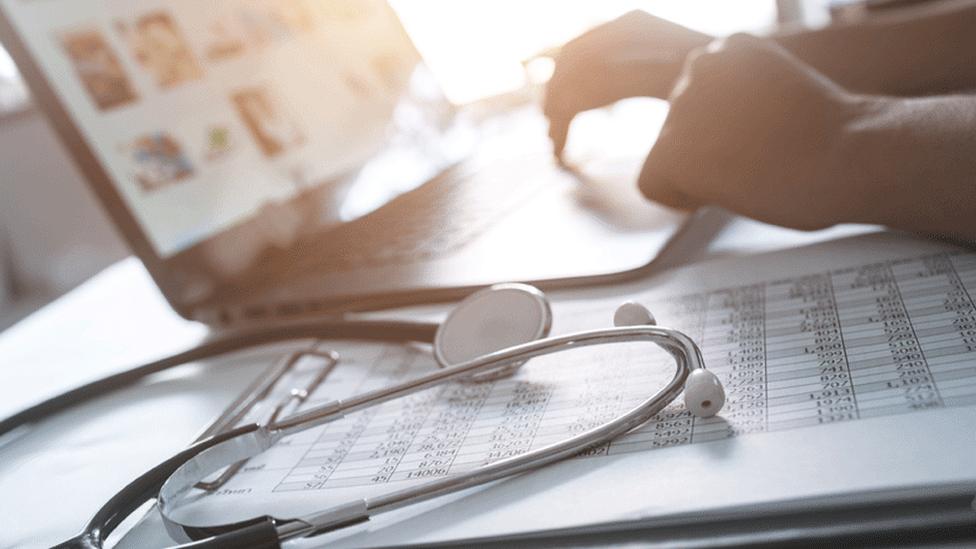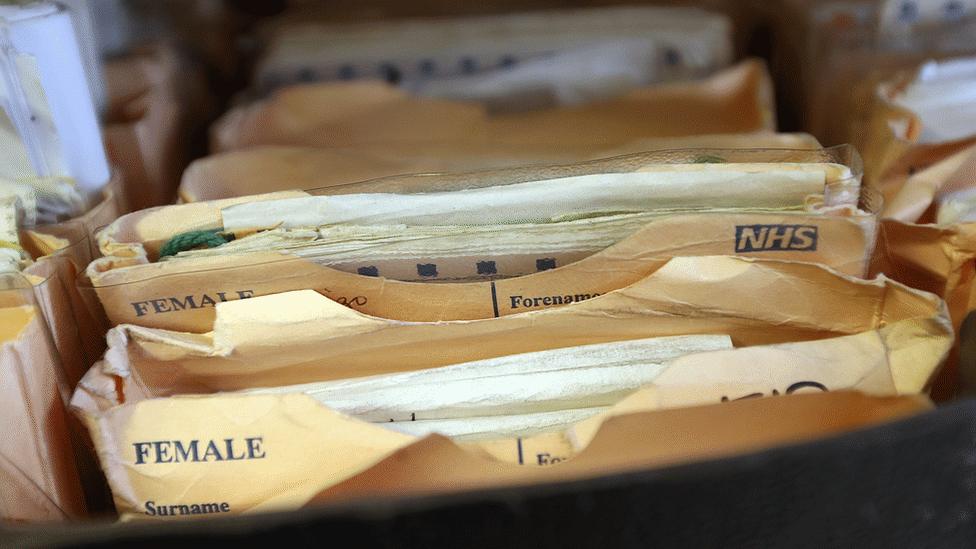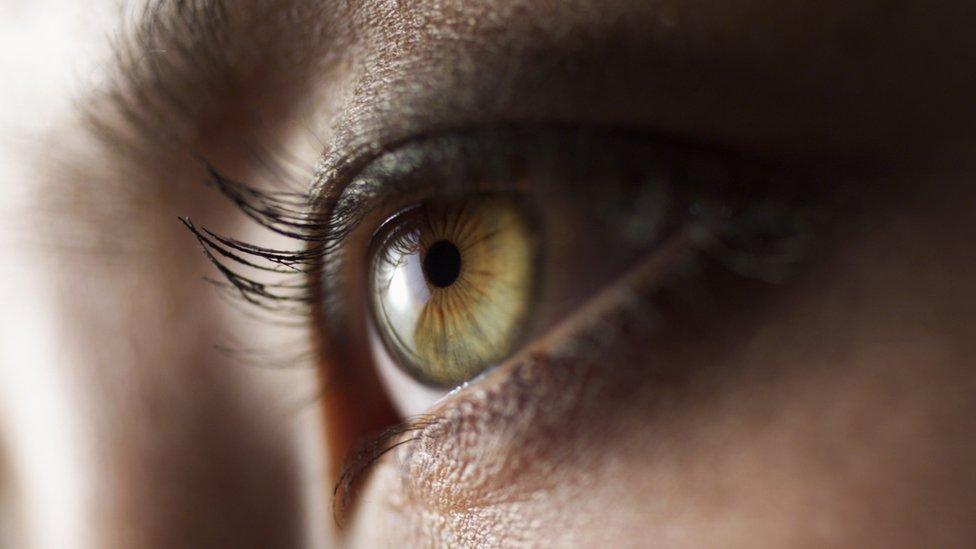NHS using Google technology to treat patients
- Published

The NHS shares patient data with thousands of third parties
A London NHS hospital trust has teamed up with tech giant Google to share patient data so it can save more lives.
Doctors at the Royal Free say partnering with the artificial intelligence arm of Google - DeepMind - could free up over half a million hours per year, currently spent on paperwork, towards direct patient care.
Medical staff will get 'breaking news' style alerts about their patients.
Privacy campaigners are concerned about data breaches.
Information on more than 1.6 million patients a year will be shared with a subsidiary of Google.
Under a five-year agreement, DeepMind will collaborate with Barnet, Chase Farm and Royal Free Hospitals using a mobile app called Streams, which will initially alert clinicians to patients with signs of acute kidney injury at its earliest stages.
All data will be encrypted, and will not be shared with Google, despite its ownership of DeepMind.
The app will be rolled out from early next year, and if successful will also be used to detect other life-threatening illnesses like sepsis and organ failure.
Paper free
Whereas doctors and nurses at the Royal Free currently have to leaf through patient notes to build a picture of a patient's blood results over time, they will now be able to access years of data at their fingertips.
When any results are unusual, an alert will sound.
David Sloman, chief executive of the Royal Free London, said: "Doctors and nurses currently spend far too much time on paperwork, and we believe this technology could substantially reduce this burden, enabling doctors and nurses to spend more time on what they do best - treating patients."
DeepMind co-founder Mustafa Suleyman said: "Our nurses and doctors are still wrestling with pagers and paper-based systems to save lives.
"We're working with the Royal Free to give clinicians the information they need at their fingertips, saving time and alerting them to patients in need in seconds not hours.
"Privacy and trust are paramount, and we're holding ourselves to an unprecedented level of oversight."
DeepMind has appointed nine independent governors to oversee their work, and say they aim to be transparent, and prove the benefit to patients' health.
Patients can opt out of any data-sharing system by emailing their NHS Trust's data protection officer.
While DeepMind is not set to make any money out of the Streams app collaboration with the Royal Free, Suleyman acknowledged the company would look to monetize the technology once it was proven.
He said: "In order to scale up, we'll need to build a sustainable business model around that kind of software, and that's what we'll be looking to do."
A spokesman from Med Confidential said: "Our concern is that Google gets data on every patient who has attended the hospital in the last 5 years and they're getting a big monthly report of data on every patient who was in the hospital."
Professor Jane Dacre, president of the Royal College of Physicians, said: "It is encouraging to see the NHS harnessing technology to make a difference at the bedside and the clear focus on delivering real differences to patients' lives and health.
"Whenever we develop new ways of using patient data, it is essential that safeguards are in place for appropriateness and confidentiality, but with these we should embrace the opportunity to improve healthcare quality and reduce the burdens of bureaucracy on clinicians so they can focus on their patients."
- Published3 May 2016

- Published5 July 2016
